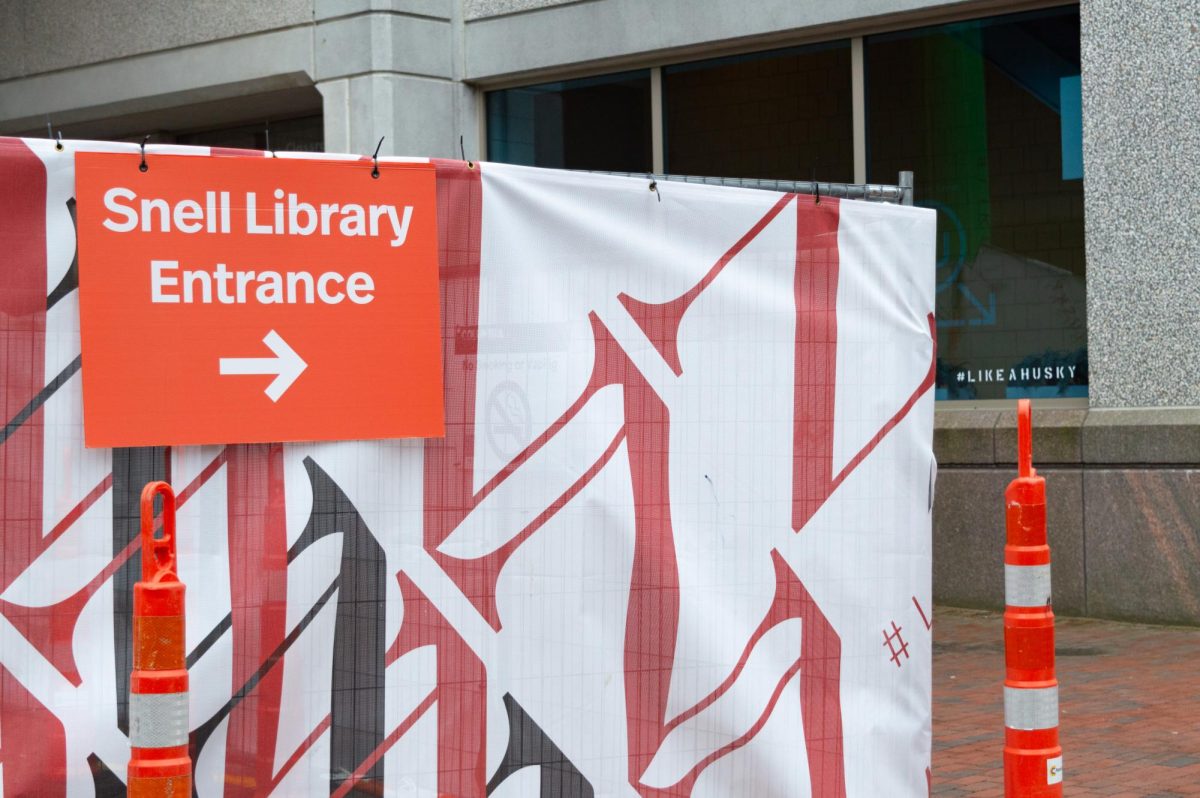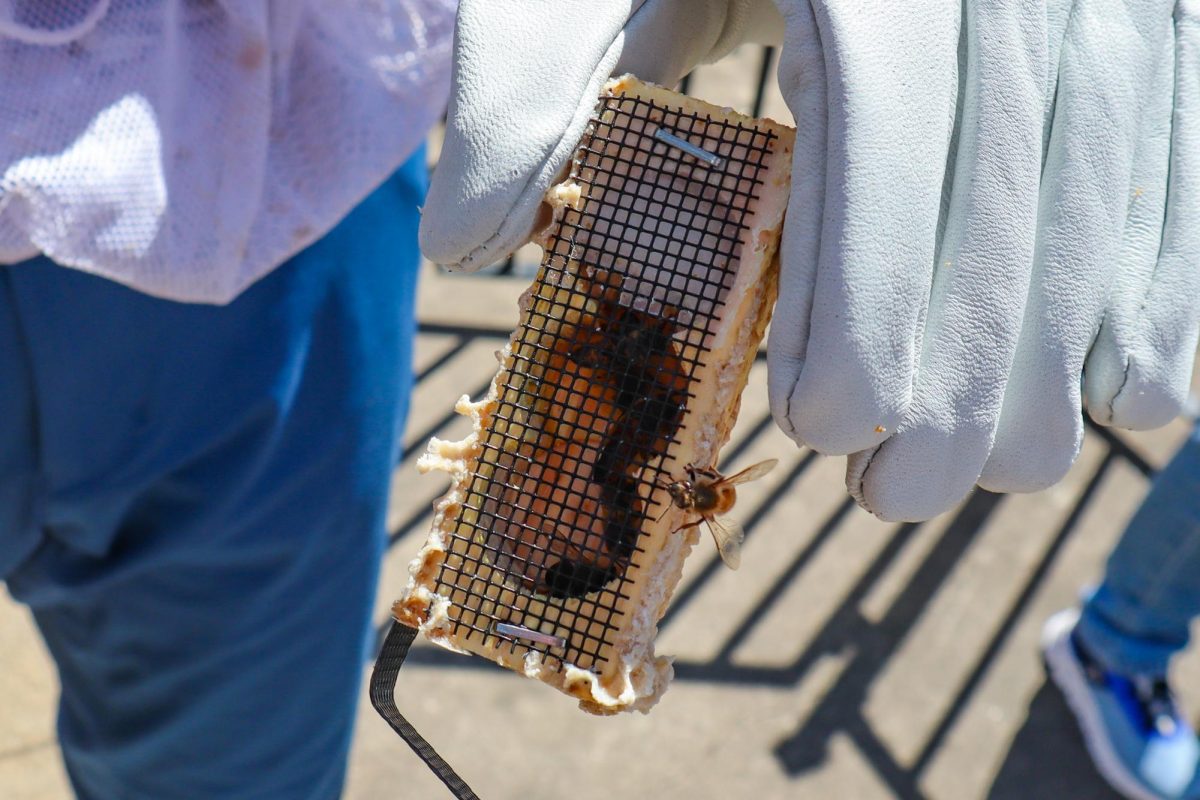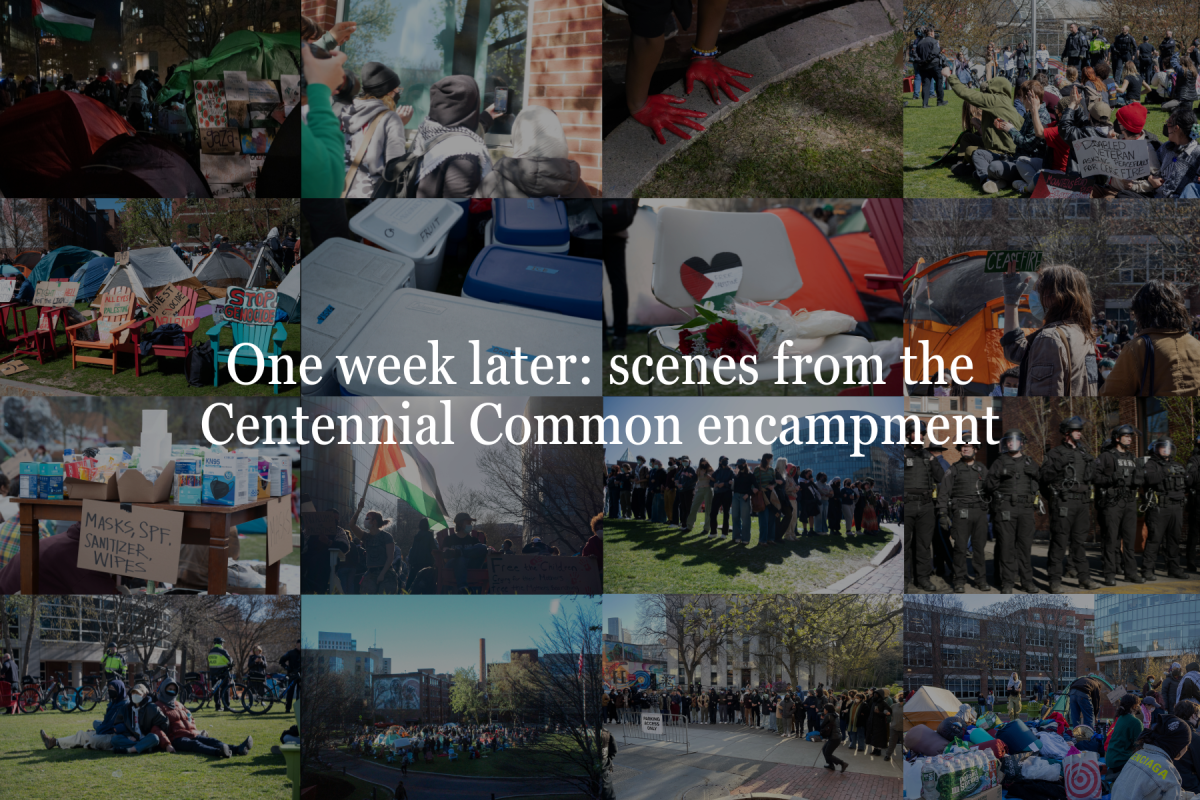 By Alyson St. Anand and Stephanie Vosk
By Alyson St. Anand and Stephanie Vosk
Administrators from 47 Massachusetts colleges met at the University of Massachusetts in Boston on October 30 to sign the “Commitment to Collaboration,” a three-year plan to curb college binge drinking.
The plan is part of an ongoing initiative proposed four years ago as a coalition between Boston colleges and officials.
The Higher Education Center for Alcohol and Other Drug Prevention defines binge drinking as consuming four to five alcoholic drinks in a short period of time. Public health officials said that binge drinking contributes to violence, crime, unplanned pregnancies, HIV transmission, car accidents and even death.
According to the most recent national study conducted by the Massachusetts Department of Public Health, 42 percent of college students admit to partaking in the act of binge drinking. In addition, the same survey concluded that New England has the highest rate of underage drinking in the nation.
“New England usually does come out higher,” said the Director of the Young Adult Community Health Program for the Massachusetts Department of Public Health Ian Wong.
He attributed this to two factors including “the concentration [of Massachusetts] and that it is a hub for materials that come through the region. It is a port city and so there is a lot of alcohol that comes through the Boston area.”
In regards to the new plan, Wong said, “I think the first thing is there are a lot of good people doing a lot of good work in the colleges. The coalition is finding those best practices and how we can share those with each other.”
He added that it “gives the opportunity for the sharing of resources and ideas,” and “with the department of public health being involved, we can give that technical assistance.”
Northeastern’s current policy on drinking states that a student caught drinking the first time will be placed on disciplinary probation, fined $50 and required to attend TRAC (Thinking Responsibly About Consumption), an alcohol awareness program.
For a second offense, or a serious first offense in which a student must be transported to the hospital, students are placed on deferred suspension from the university, fined $100 and mandated to attend an alcohol and other drug education class called INSTEAD, (Involuntary Students Educated about Alcohol and other Drugs), which consists of three one and a half-hour classes and a half-hour personal assessment.
A third offense results in a one-quarter academic suspension from the university, during which students are required to attend off-campus counseling for alcohol related issues.
In all instances, first, second or third offense, the parents of the students are notified.
“We’ve had a parental notification policy here for many, many years,” said William Fischer, director of the Office of Student Conduct and Conflict Resolution. “We’ve had a lot of success with that and basically find that we’ve formed very good partnerships with parents in addressing alcohol use issues.”
The new policy will call for additional faculty and administration training and awareness and will target the role of alcohol in student life. It will also mandate a minimum sanction ranging from alcohol awareness training to expulsion to criminal charges for students caught excessively drinking repeatedly.
“I think [the plan of action] is just a continuation of our efforts that we began planning four years ago,” said Dean of Student Life Dr. Ron Martel. “This is just a reaffirmation of where we were with the Boston Coalition signing that occurred back in 1998.”
The campaign will also require college presidents to speak publicly against alcohol abuse and organize alcohol free socials.
Northeastern, in the past, has offered events such as “Dry Friday” and “Night at the Student Center” to encourage alcohol-free fun.
“Kids at college parties,” said middler communications major Brooke C. Satti. “The kind of people that Dry Friday attracts is not the general population. If they could cater to a bigger audience, more people would come.”
Harvard University, as part of its annual Springfest last year, brought in the band, the Verve Pipe to encourage students to enjoy a concert where alcohol was not the main atmosphere.
“If the university is serious about curbing binge drinking,” said Michael Blickstead, co-chairman of the Campus Life Committee of the Harvard University Council, “then they really have to put money into non-alcoholic events that the students enjoy.”
Martel said that student must first change their state of mind before entering college.
“There is a perception on students’ behalf that when they come to college, they think everybody binge drinks, so they take up that type of mentality,” he said. “Universities are trying to get students to understand that everybody does not binge drink.”
He calls the plan of action a “reaffirmation” of moves Northeastern has already made to curb binge drinking in the past.












